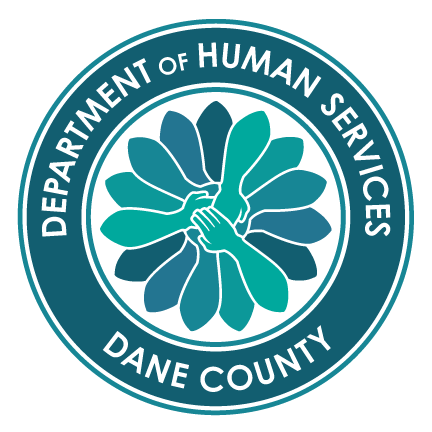
Chapter 938.13 of the Wisconsin State Statutes directs Dane County Department of Human Services (DCDHS) to work with juveniles who are neither children in need of protection or services (that is, children who have been abused or neglected) or delinquent (that is, children who have committed law offenses).
Important note: The information that follows has been prepared by a non-lawyer. It should not be taken as legal advice. Readers are advised to consult with a lawyer or to themselves consult statutes.
SS 938.13 presents the situations in which Courts have jurisdiction over juveniles in need of protection or services:
Dane County Department of Human Services (DCDHS) attempts to work with juveniles and families on a voluntary, non-Court basis in all JIPS situations. DCDHS intervention will frequently consist of juvenile/family referral to appropriate community services and DCDHS case closure.
Various parties may petition (request) that the Court intervene on a child's, family's, or community's behalf if the party believes that a juvenile's situation meets one of the above criteria. DCDHS does not generally initiate JIPS proceedings. Juveniles themselves, parents/guardians, schools, and the District Attorney may initiate proceedings.
Court hearings normally follow the filing of petitions. The number of hearings will vary from case to case. The initial hearing is called a jurisdictional hearing. The Court will rule as to whether the petition has sufficient merit to proceed at this hearing. The Court will take parties pleas (“admit to the facts” or “deny the facts”) at this hearing as well. The final hearing is called the dispositional hearing. The Court will rule as to whether the facts merit a finding that the juvenile is in need of protection or services at this hearing. The Court will issue relevant orders if juveniles are in fact found in need of protection or services at this hearing as well. (The Court may conduct hearings between the jurisdictional and dispositional stages. These hearings are called “pre-trial” or “fact-finding” hearings.) Alternatively, parties involved in JIPS proceedings may demand that jury trials take place and that petitioners prove the case before the Court.